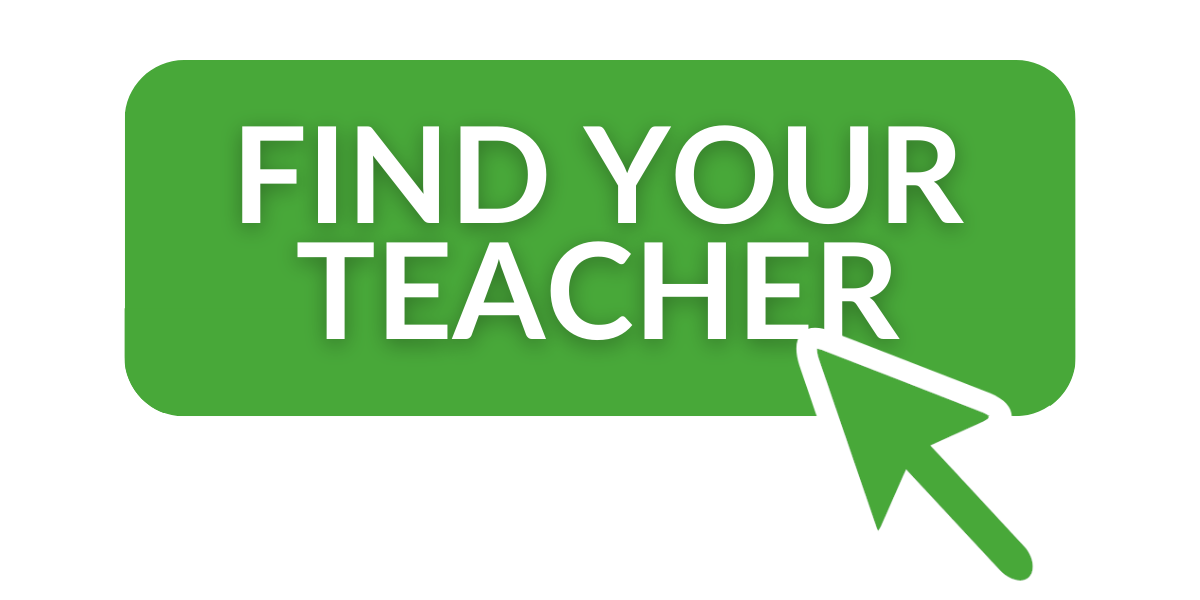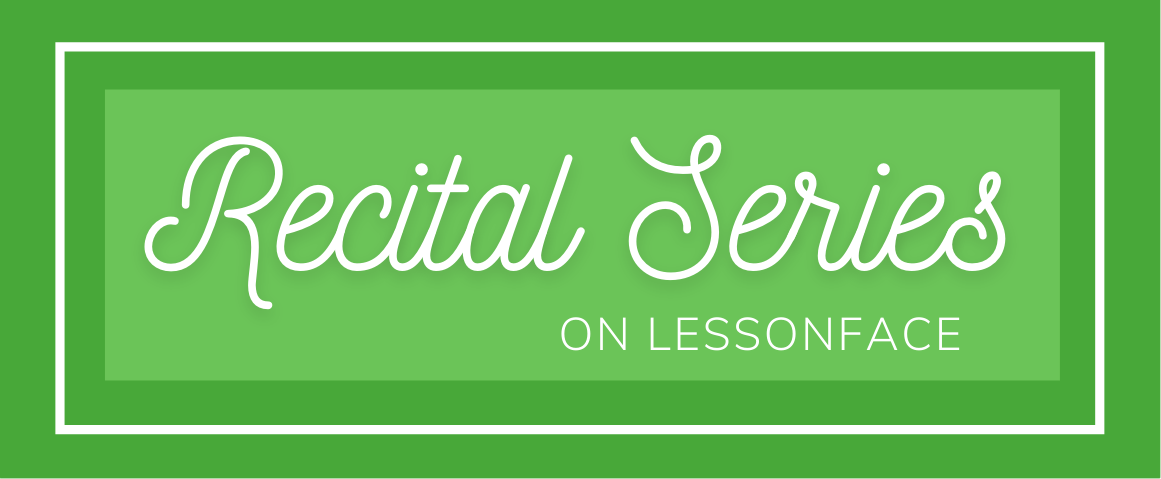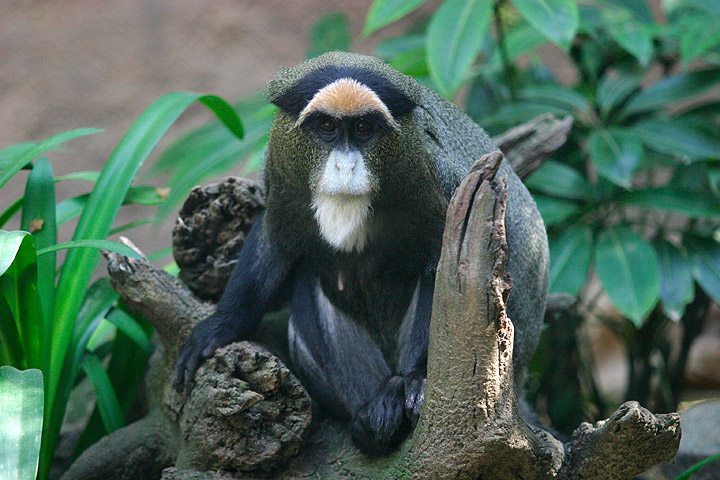The concepts of meditation and mindfulness have become so fashionable the last few decades that they are easy to dismiss and ignore. But at the heart of any such practice is an awareness of your mind and body and the connection between the two. However trendy these practices may be, the state of mind that they foster is undeniably fundamental to playing music.
When we’re playing an instrument, our mind and body are intricately linked, and we need to be in a focused and relaxed state in order to execute our intentions. Left unchecked, our minds are prone to distraction, and our bodies tend towards unproductive tension and over-exertion. Mindfulness doesn’t ‘cure’ distraction, nor is it the secret to a perpetually relaxed playing technique. But it helps us to recognize distraction, tension and any other obstacles as they arise. Only in recognizing these obstacles are we able to let them go and play music.
My first introduction to meditation came around the time I started playing music. Sharing my music with people made me really anxious, and I needed a reliable method of calming my nerves enough to function mentally and physically. I was a bit sporadic for many years as I searched for an approach that worked for me. Some approaches like meditation groups, yoga, and continuum, are more active and social (or at least, often are often practiced with others). Other approaches incorporate spirituality and personal reflection. I’ve gradually learned that a solitary, short routine is the most sustainable for me. Over many years I have developed an almost daily routine of ‘centering’, as I call it. I really like the meditation app Headspace, though I sometimes prefer to center without guidance.
Who else has found some sort of mindfulness routine to be essential to their musicianship and/or daily life? What practices work for you? What practices don’t work for you? Do you prefer solitary meditation or meditation in a group?
If you've never explored any sort of mindfulness or meditation practice before, do you think it's worth looking into in 2019? Why or why not? If you're sure it's not for you, how do you deal with obstacles like distraction, performance anxiety, or excess tension?





Julie Landsman talked a bit about mindfulness and music, plus general life balance, in this interview, which is part of Lessonface's Face the Music series. Pretty much everything she mentioned is relevant to setting and achieving goals.
The phrase from that conversation with Landsman that has really stuck with me was the need to "quiet the monkey mind." It's difficult to be completely focused and intentional and not to have the buzz of thoughts coming into one's head constantly crowding and distracting. Although I also can't help but think that monkeys are probably actually pretty good at being in the moment so I'm not sure how fair it is to call our internal chatter the 'monkey mind.' Still, it's an evocative phrase that feels useful for making the goal of finding that quiet place where one can really focus and be in the moment.
From wikimedia, "To avoid predators, De Brazza's monkeys may remain immobile for hours at a time." Photo by Aaron Logan, taken at the Los Angeles Zoo. :)
'Quieting the monkey mind' is a great way of putting it. Quieting it completely is pretty tough, but even becoming aware of that chatter helps us to put it in the background and appreciate the moment.
Listening to Rebecca Foon's interview from Thursday gives us yet another example of a musician who has developed a strong meditation practice. Here (at 28:20) she discusses how to tap into our creative space and how we're all creative beings. She says 'the ego, insecurity, and all the wacky emotion we can feel in life can all be seen as 'noise pollution' in our channel'. She feels that meditation can help us turn off the internal chatter or 'monkey mind' and find a peaceful place to tap into the ocean of ideas.
I especially liked what she said about using meditation during daily life (around 31:50). Meditation doesn't have to mean carving out 20 minutes in your day to sit silently. You can just as effectively bring presence and awareness into your day -- waiting in line, commuting, eating, traveling, having a conversation... and, of course, music. Whether it's practice, performance, lesson, or just listening, being present and aware and keeping our internal chatter in the distance helps us to really get to the point of making music.